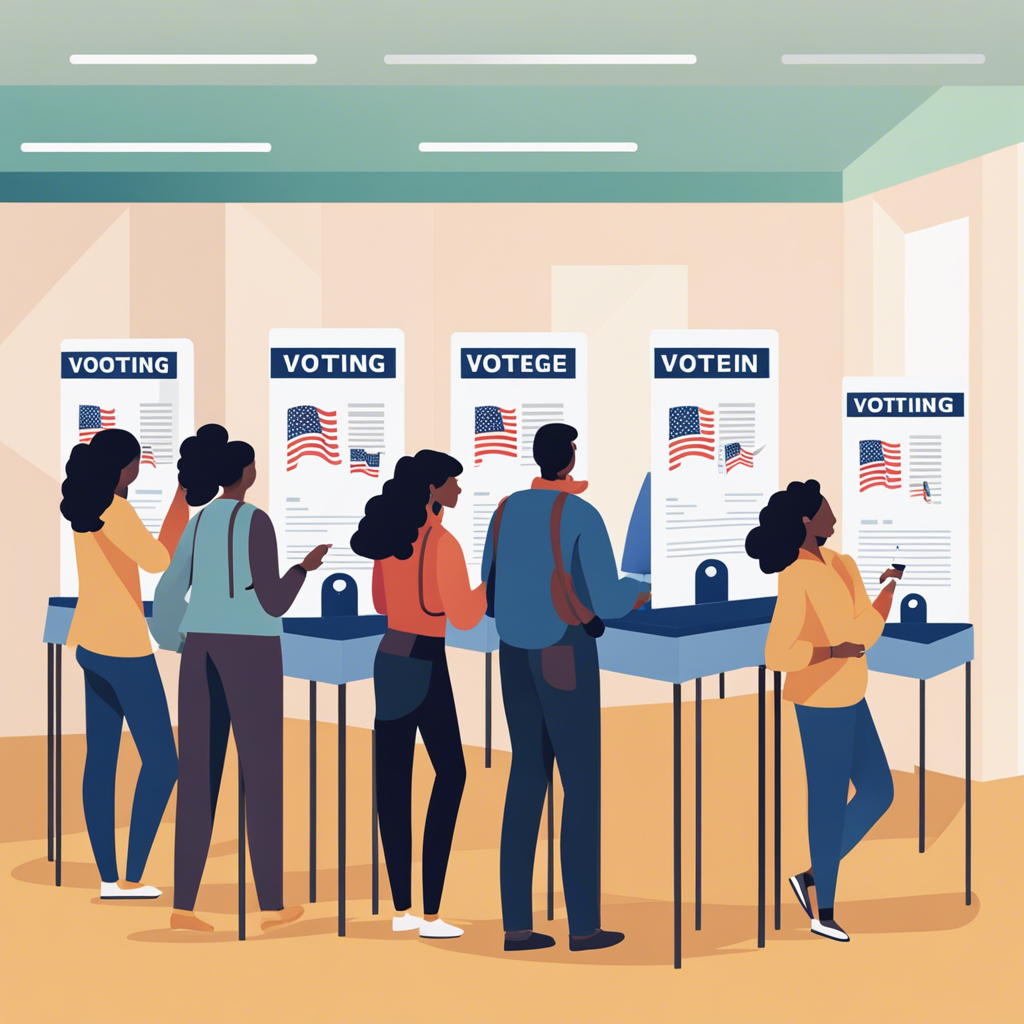One of Northern Ireland’s top business figures has suggested that significant parts of the local economy could benefit from certain aspects of the recent UK budget. Primarily intended to attract voters, the Chancellor of the Exchequer, Jeremy Hunt, announced various tax and VAT reductions, as well as alterations to social insurance. These changes are believed to be a strategy by the ruling Conservative Party to win over the electorate prior to this year’s ballot.
According to Lorraine Nelson, a tax associate at BDO Northern Ireland, the reduction in national insurance should aid the average worker, who can expect to save roughly £900 (€1,050) annually. She explained, “the budget was certainly tailored towards the solo taxpayer as we approach the election season.”
On the subject of property, Nelson mentioned a slash in residential property capital gains tax, down to 24% from the previous 28%. This adjustment, she said, could likely stimulate Northern Ireland’s property market. Additionally, introducing constraints on tax reliefs for those leasing their properties to tourists on a short-term basis could help free up more domestic properties.
When it comes to businesses, a decision to increase the VAT threshold to £90,000 turnover per year from the current £85,000 should aid smaller, local businesses, according to Nelson. Furthermore, she observed that tax incentives for individuals investing a portion of their Individual Savings Accounts into UK businesses could potentially assist the local economy. She conceded this was probably a tactic to encourage reinvestment into the economy in the post-Brexit era.
In the long run, she envisages a positive response from many families to the proposal to raise the income limit for state child benefit payments from £50,000 to £60,000 annually. The government has plans to revamp the current benefit system, which Nelson identified as flawed due to its linkage to individual income rather than household income. She pointed out anomalies in the current system allowing a couple each earning £49,000 annually to claim the payment, while a sole earner making £51,000 might be ineligible. The proposed changes aim to rectify such issues by focusing on household earnings.
In the meantime, she hinted that a potential examination of British tax residency laws may bear consequences for individuals bordering both sides, contingent on what the UK government eventually puts forward.

